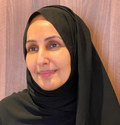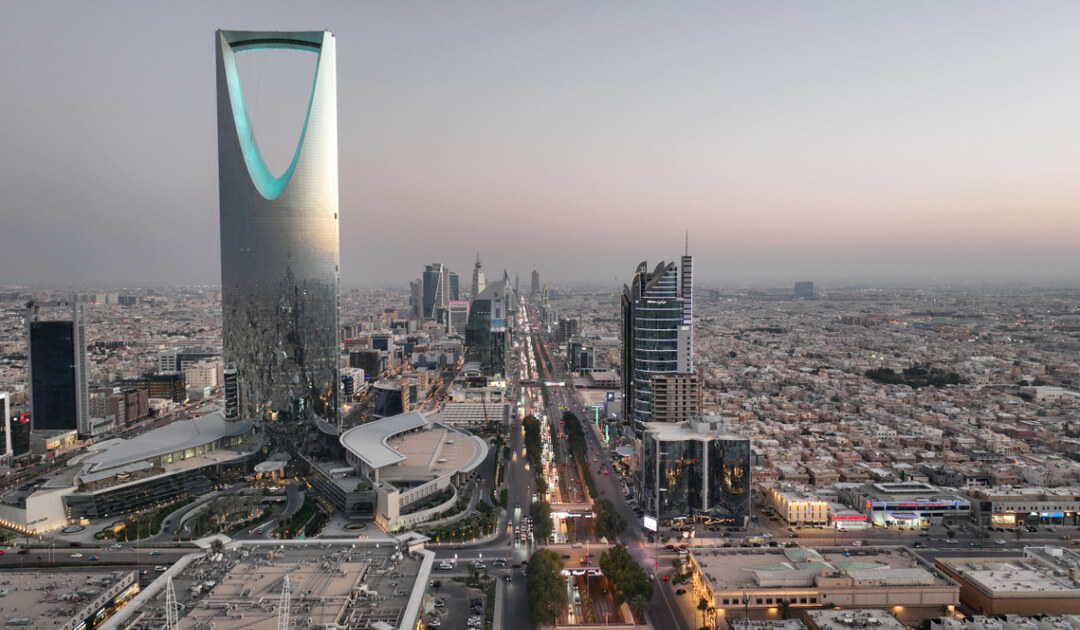Saudi Arabia is witnessing a transformation in its educational landscape under Vision 2030, reflected in positive developments such as the Maarif acquisition, Riyadh Schools expansion, and PwC-Emkan merger. These milestones exemplify the growing role of the private sector in education, a key component of the Kingdom’s public-private partnership (PPP) framework. By encouraging private investments and collaborations, Saudi Arabia is fostering a sustainable, inclusive, and innovative education system. Such progress aligns with the Ministry of Education’s broader commitment to supporting national transformation through education reform and economic growth.
As the Kingdom attracts foreign direct investment and builds local partnerships, it is setting a regional benchmark for leveraging education as a catalyst for sustainable development and national progress.
Saudi Arabia's journey toward a knowledge-based economy is rooted in initiatives supported by PPPs. These efforts, led by the Ministry of Education, have resulted in significant progress, including strategic mergers and acquisitions, increased foreign investments, and a broader range of educational offerings.
At the 28th World Investment Conference, Iyad Algarawi, Assistant Minister of Education for Investments and Privatisation, presented the Kingdom’s vision for “The Future of Education and Sustainable Partnerships.” He highlighted the importance of sustainable practices, innovative financing models, and modern legislative frameworks to address the evolving needs of the sector. A key focus of these efforts are a commitment to improving education quality and learning outcomes, pillars essential to sustaining long-term national transformation.
The Kingdom is setting a regional benchmark for leveraging education as a catalyst for sustainable development and national progress.
The evolving educational landscape in Saudi Arabia reflects a robust environment for both private education investments and PPPs. This growing appetite is evidenced by developments such as the Maarif for Education and Training acquisition by Hassana Investment Company, the investment arm of the General Organization for Social Insurance. Building on this, Maarif recently acquired Ibn Khaldoun Education Company, adding four schools and 13,000 students to its portfolio. Similarly, the expansion of Riyadh Schools, a private institution affiliated with Misk, and the PwC-Emkan merger highlight the Kingdom’s strategy to enhance private sector participation. Additionally, every year, new international schools and private equity firms are entering the market, further demonstrating the growing appetite for investment in Saudi Arabia’s education sector.
However, challenges remain. These include ensuring equitable access to quality education across underserved regions, addressing the shortage of skilled teachers, and adapting educational programs to meet the rapidly changing demands of the labor market. Balancing regulatory innovation with accountability also remains a key priority. Addressing these issues will require refining governance structures, aligning policies with long-term objectives, and fostering local capacity while leveraging international expertise to promote inclusivity and equity. As Algarawi emphasized, sustainable partnerships demand adaptability and effective oversight to meet the needs of future generations.
Saudi Arabia’s model of educational reform highlights the potential of public-private collaboration and innovative financing to align privatization initiatives with public education priorities. For global stakeholders, the focus should be on practical strategies, such as developing frameworks adaptable to diverse cultural and economic contexts and ensuring that privatization initiatives strengthen public education systems rather than undermining accessibility or equity.
This strategy underscores education as a national priority, critical to building a knowledge-based economy and enhancing global competitiveness. By linking economic growth with educational excellence, Saudi Arabia provides a scalable model for countries seeking to modernize their education systems and align them with national development goals.
Rooted in Vision 2030, Saudi Arabia’s education strategy emphasizes sustainability and inclusivity. By fostering global investments and advancing PPPs, the Kingdom is transforming its educational ecosystem and positioning itself as a leader in sustainable reform and innovation.
Through strategic partnerships and continuous investment, Saudi Arabia is building an education system that is both transformative and inclusive. This progress not only sets a benchmark for leveraging education as a catalyst for sustainable development but also provides a model for nations aiming to align education with long-term economic growth and innovation.
• Ahoud Alshaikh, Ph.D., M.Sc., M.A., Harvard CSML, is an education expert specialising in Edtech, educational assessment, public-private partnerships, and educational corporate governance.












